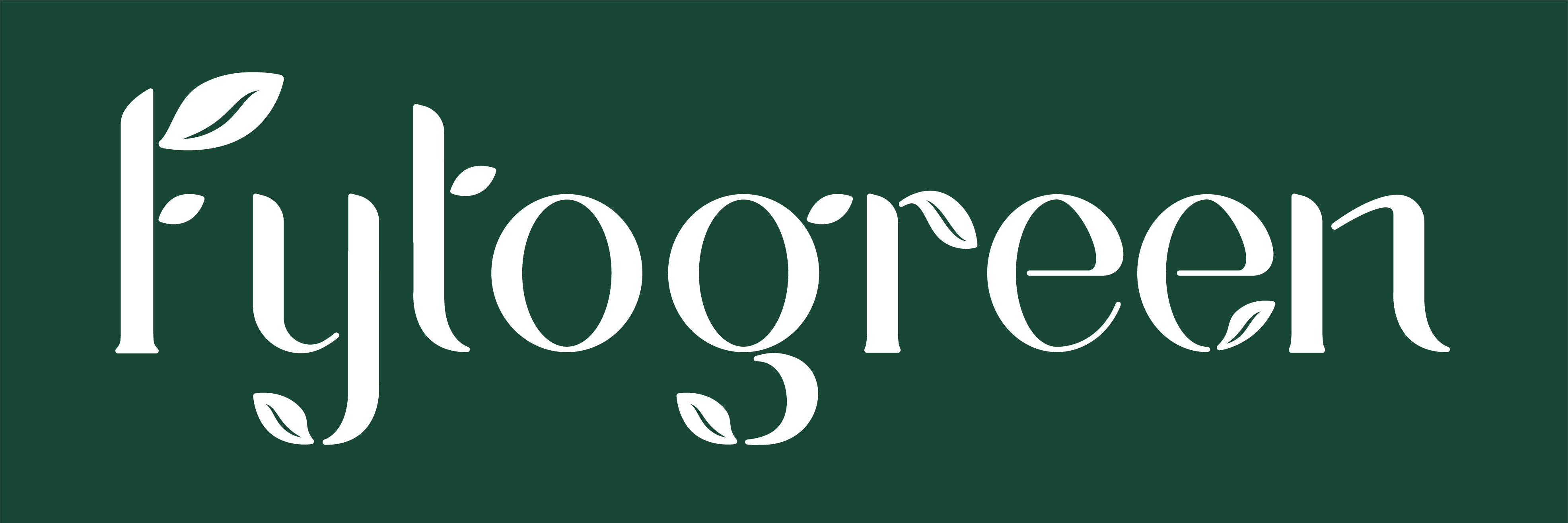
SAVE THE DATE
EARLY BIRD REGISTRATION ENDS SOON
A great congress to attend and also view the award winning Hundertwasser Artr Centre living roof on the Green Excursion event.




GRA provides a list of suggested professionals and companies to install a green roof.
There are many different types of green roofs, and usually experts like landscape designers, structural engineers, architects, and horticulturalists determine which is most appropriate for a specific building. The two most basic variations can be divided into extensive and intensive roofs.

Germany_Austria_Swiss are Global Leaders at Implementing Plant-Based Buildings

The World Green Infrastructure Congress has been an international event since 2008 in Toronto. The congress disseminates and advocates for green infrastructure inclusion for the urban environment as an adaptation to climate variability.
Previous congresses have been held in France; Germany; India; Australia; Japan; China; Colombia and Canada.
The World Green Infrastructure Congress has been an international event since 2008 in Toronto. The congress disseminates and advocates for green infrastructure inclusion for the urban environment as an adaptation to climate variability.

This is an international airport terminal inside a Garden
View it on You Tube.
Amazing Project.
